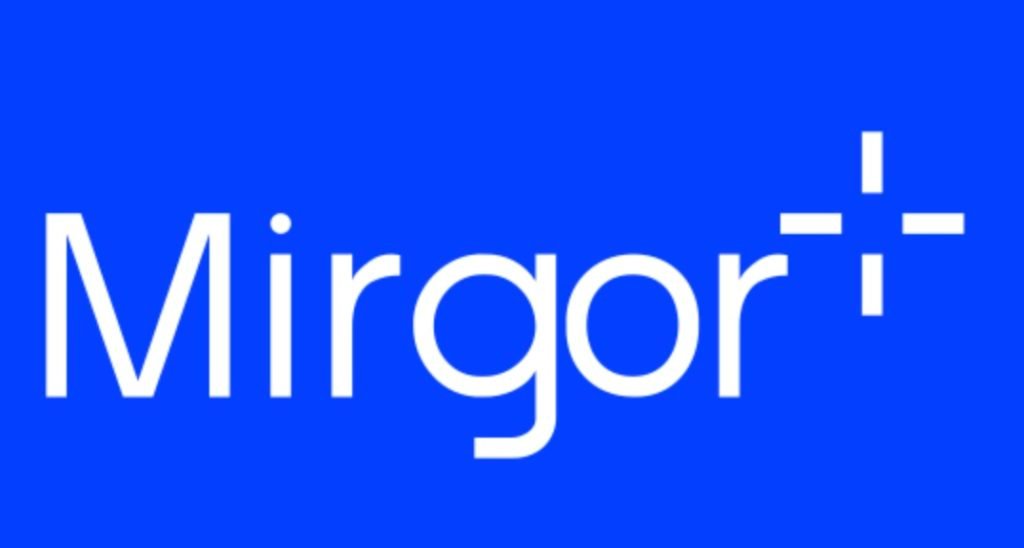
Mirgor and the evolution of an argentinean company that aims to “build the future”
The history of this great company that managed to master technology and innovation from the isolated extreme southern point of the american continent, is one that deserves to be spotlighted. Although its legal name is Mirgor S.A.C.I.F.I.A., It is known simply as “Mirgor”, and was born in Argentina in 1983 as a start-up in a newly created industrial site in the city of Río Grande, province of Tierra del Fuego, what can be translated into “The Land of the Fire”. Because as the spanish conquerors approached the land by the sea, they spotted mysterious fire lights over the water and on the mainland. In fact, it was no magic, but the local natives that warmed up in the cold weather, on their canoes or their settlements, also spreading themselves with seal oil.
In this province, far from the main centers of consumption, Mirgor began producing air conditioning systems for the automotive industry, with a strong B2B go to market focus and a narrow range of products that was going to be broadened constantly over the years.
Around 1995, the company bought the company “Interclima”, with which it incorporated its main supplier of heat exchangers inputs, thus starting a vertical integration. This diversification continued over the years, and in 2004 started producing air conditioners for domestic and commercial consumption.
Later on, the Mirgor Group included more products for the automotive sector, inaugurating an industrial site in the city of Rosario for General Motors.
In 2009, it acquired Industria Austral de Tecnología S.A.. (“IATEC”), is a company dedicated to the consumer electronics industry (cell phones, televisions and others). In 2010 Mirgor made an agreement with Nokia (owned by Microsoft) for the production of cell phones. In 2011, through the agreement reached with LG, the production of televisions with that brand began. In 2012, Mirgor started producing audio and video equipment, and in 2013 it produced notebooks for Dell. Thus, the consumer electronics division expanded, including home air conditioners, microwaves, televisions and cell phones.
Mirgor – Cell Phone Production
In 2014 the production of Samsung cell phones began. A year later, Mirgor was producing Samsung Smart TVs. This was followed by the production of Pioneer infotainments to provide for the world class automotive key players producing in argentina, a great deal of which was intended for export.
As a major milestone for the company, it created its own retail division. It included selling in physical stores and shopping centers, as well as online sales channels, both with its own pre-sale and customer service center.
In 2019, Mirgor acquired Holdcar S.A. Famar a company that produced radios, infotainment, electronic control modules, electronic boards and alarms for the automotive industry. Also, it produced residential modems and cell phones.
In October 2020, Mirgor acquired the entire shareholding of Brightstar Argentina S.A. (“BASA”) and Brightstar Fueguina S.A. («BFSA»). BFSA carries out manufacturing and marketing activities of Samsung and LG cell phones, thus incorporating once again the LG brand to the portfolio.
Innovation in the Mirgor Group business
As we saw earlier, Mirgor displayed a strong acquisition and diversification strategy over the years, expanding to new products, markets, services and solutions and gaining new capabilities such as technology I+D, logistics, new omnichannel businesses units and others. As a result of this adaptability and innovations, today Grupo Mirgor encompasses 7 business units: Mirgor Manufacturing, Mirgor Logistics, Mirgor Innovation, Mirgor Distribution, Mirgor Retail, Mirgor Agro and Mirgor Services. In 2020, when this restructure began, it also implemented a full rebranding with an updated corporate identity, narrative and visual identity.
If we look at its stock market performance, Mirgor is an excellent example on how a company can adapt to the different times in terms of strong regulations, market changes and new disruptive product developments with an entrepreneurial spirit that drove the company evidently to a complete success.

